Robert Peel: Conservatism, Liberalism and Reform in 19th Century Britain
March 26, 2014
Robert Peel’s record of achievements in politics would stand up against that of many British prime ministers. As Home Secretary in the 1820s he reformed England’s criminal code, established the Metropolitan Police (on which all later police forces were based), and gave civil rights to Catholics and nonconformist Protestants by repealing the Test and Corporation …
Liberalism and Nationalism in the Austro-Hungarian Empire
March 11, 2014
On the 25th of January 1894 the prominent Jewish liberal politician Heinrich Jaques walked into his lawyer’s office in Vienna and shot himself in the head. As a young lawyer and financier in the 1860s he had written works in support of the Austrian state and the assimilation of Jews. In 1879 he was elected …
Historians and the Politics of Commemoration
February 25, 2014
The recent spat between Conservative Education Secretary Michael Gove and the “left-wing historians” he blamed for distorting our view of World War One shows that anniversaries can provoke serious arguments about history and politics. In this case, Gove attacked those such as Regius Professor of History at Cambridge Richard Evans, whom he held responsible for …
What is the History of Sexuality Again?
January 6, 2014
People have been calling themselves “historians of sexuality” since the early 1990s, and there were plenty of others who dealt with questions of sex, desire and the body before that. How is it then, that we are still asking the question, ‘what is the history of sexuality?’ Perhaps one of the first writers to place …
Maria-Magdalena Mazepa: Politics and Sorcery in Ukraine
December 2, 2013
Current street protests in Ukraine about whether to pursue an EU integration pact or forge closer links with Russia are part of a long history of tension and accommodation between the two countries. The Ukrainian dilemma (East or West, Europe or Russia) is the background to a new article for Russian History from Liudmyla Sharipova …
The Reign of Edward II: Beyond the Legend
November 28, 2013
Edward II of England (whose tomb in Gloucester Cathedral is pictured here) is probably best known for the supposedly grisly manner of his death in 1327, which was said to have involved a red-hot poker and an intimate orifice. However, even though they generally agree that Edward was murdered in Berkeley Castle in that year, …
The Knights of Labor: An International Perspective
November 4, 2013
The Order of the Knights of Labor was the largest and most powerful organisation of American workers in the nineteenth century. Created by seven Philadelphian tailors in 1869, it was based on the fraternal practices and rituals of artisanal workers and secret societies such as the Freemasons. By 1886 the Knights and their assemblies, as …
Strongbow: the Anglo-Normans in Ireland
October 25, 2013
The first intervention of the Normans into Irish affairs resulted from a bitter local feud that, in 1171, allowed Henry II to become the first English monarch to set foot on Irish soil. This moment was portrayed by historians and writers of the early twentieth-century Irish national movement as a pivotal one: the first step …
Restoration Britain: A Post-Conflict Society?
October 10, 2013
The restoration of Britain’s monarchy in 1660 used to be thought of as just that, a return to social and political quietude after the tumult of the civil wars and Commonwealth. More recently, though, historians have shown that the restoration of the monarchy and the subsequent consolidation of royal power were by no means inevitable. …

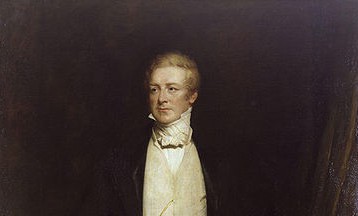
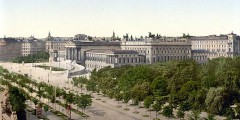
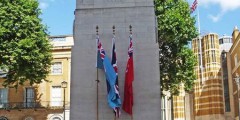
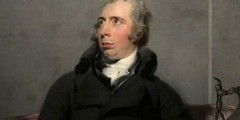
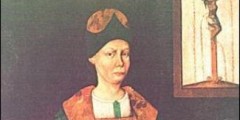
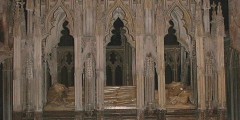
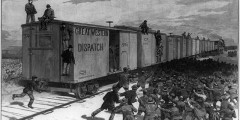
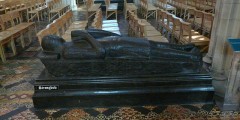
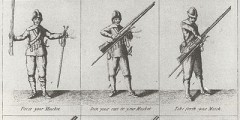
The Venerable Bede in European Context
November 19, 2013
The Venerable Bede (c. 673-735), monk, theologian and the first historian of the English people, lived at the monastery of St Peter and St Paul in Monkwearmouth and Jarrow in Northumbria on Britain’s north-east coast. While an earlier generation of historians tended to see Bede as living at the ragged edge of Christian civilisation, working …
comments 1
more...